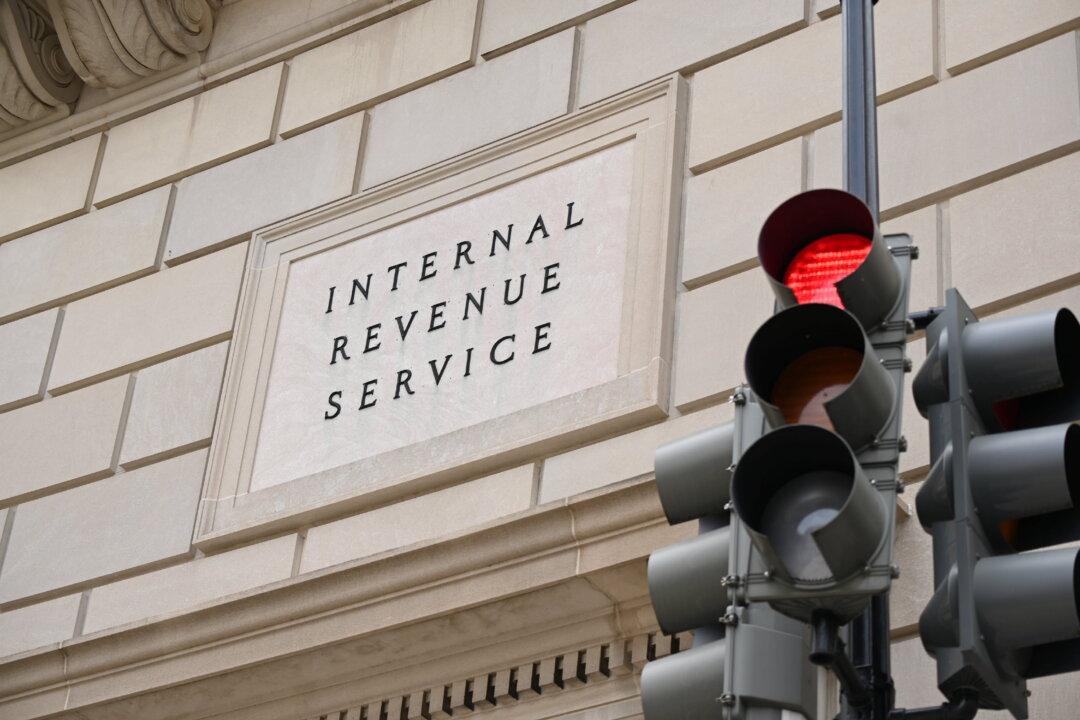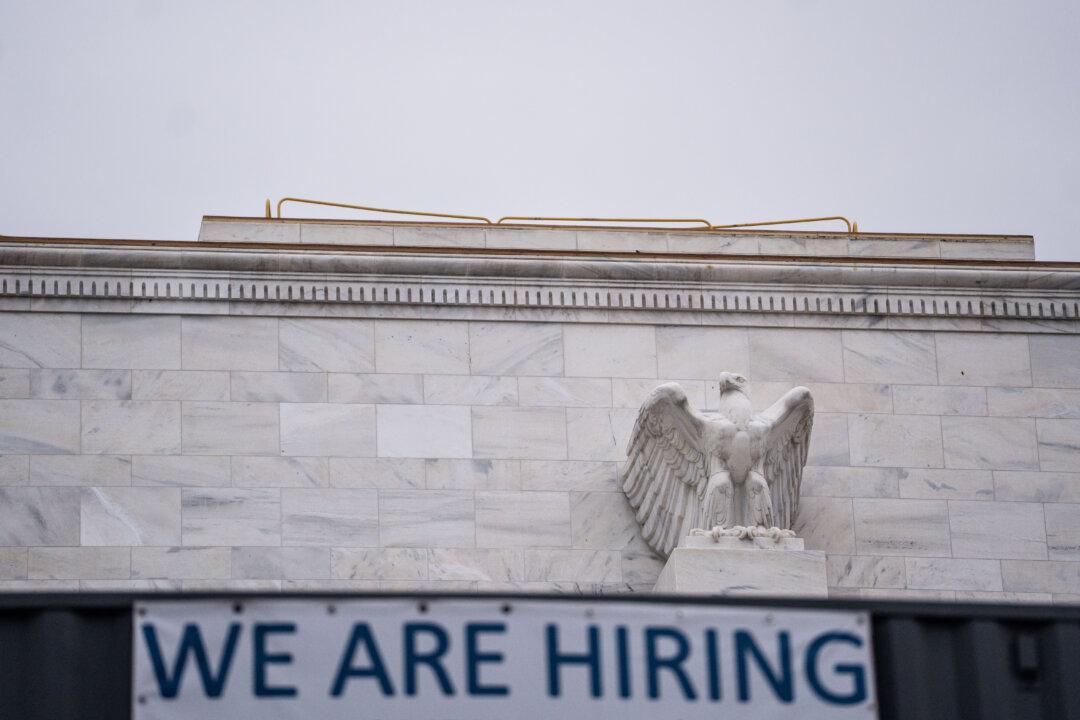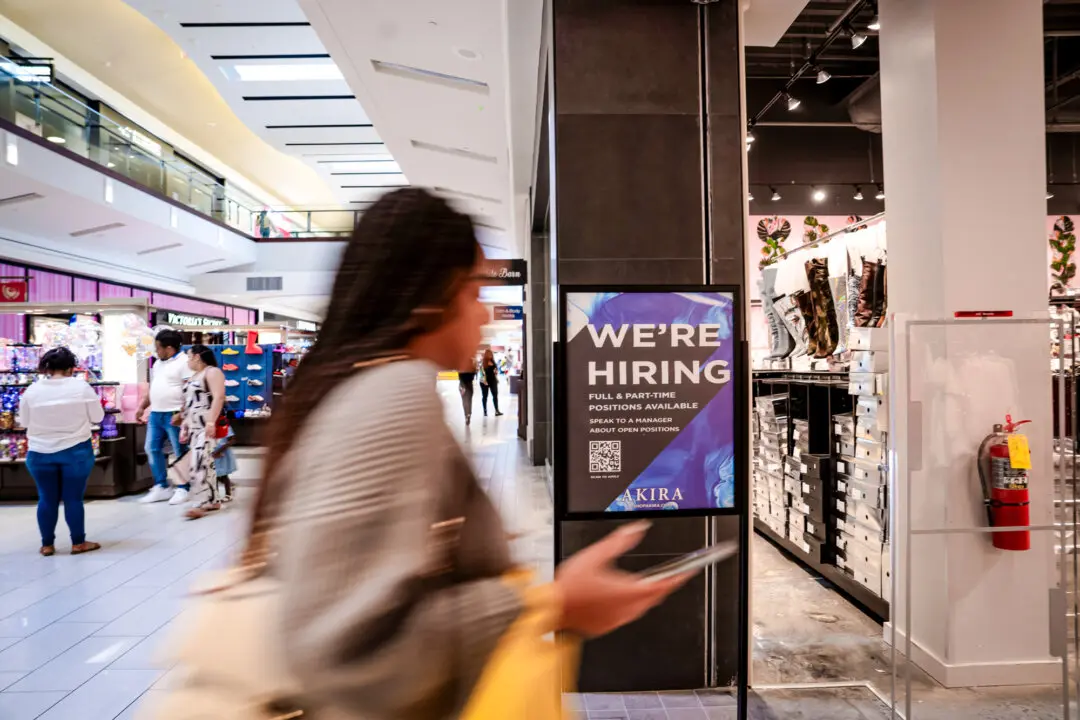More Americans expect the IRS to put a greater focus on low- and middle-income households and small businesses than on the wealthiest Americans and large corporations, according to a new survey.
About 36 percent of respondents think the tax collecting agency will use its 87,000 new agents to audit low-income earners, middle-class Americans, and small businesses, a recent Convention of States Action/Trafalgar Group poll reveals.





